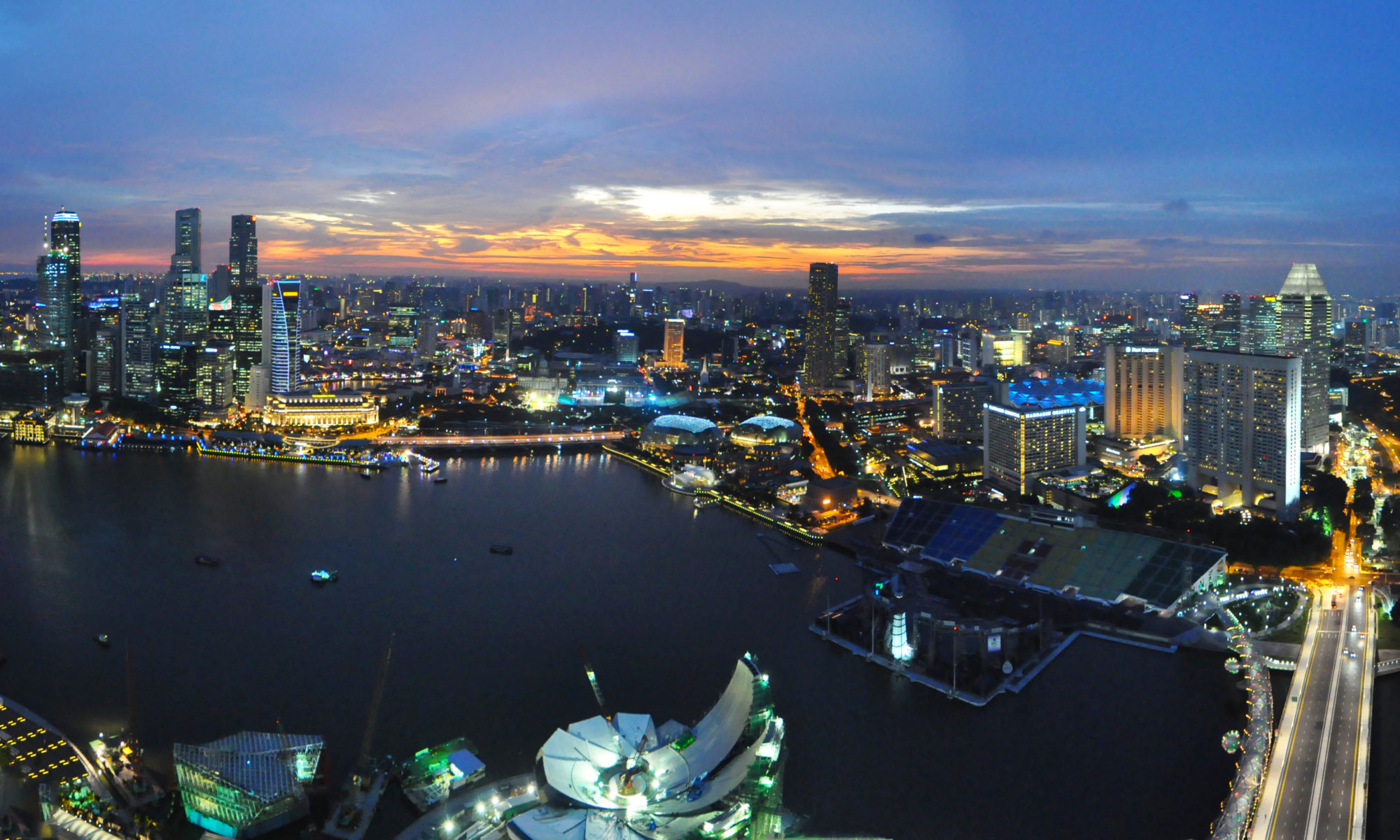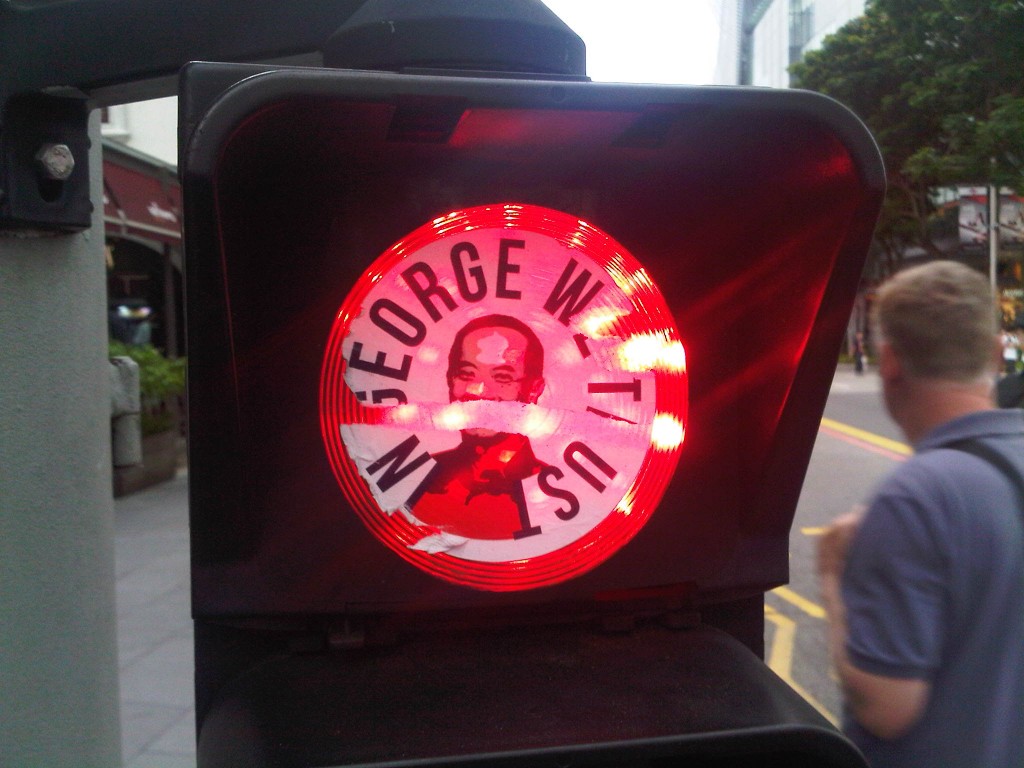To briefly review, on 7 May Singaporeans chose their members of parliament (MPs) in the country’s 16th parliamentary elections. Because of the ruling party’s control of media, districting, and district consolidation into GRCs, the People’s Action Party (PAP) had maintained 100% of the 87 seats in parliament in every election from 1968 to 1989. The PAP earned 66% of the popular vote in the previous election which allowed it to carry 82 seats into the 2011 election. Under these conditions of incredible dominance, and frequent taxi driver grumbling, Singaporeans went to the polls in early May.
The election results filtered in on that Saturday night and I was among local friends to discuss the outcome. We heard that one GRC was lost from the PAP and that seemed to signal the first of a groundswell opposition win. But when the dust settled the PAP had secured about 60% of the vote and won 81 seats. While they retain complete control of the government, and lose only one seat when compared to the previous election, this was the worst loss for the PAP in Singapore’s history.
The loss was so disappointing to the PAP, that MM Lee and SM Goh resigned from cabinet positions. But both will remain on as MPs. MM Lee took the position that Singaporeans would eventually grow to expect a multi-party government. Why he considered these results a sign of that growth I do not know. I think people here do not realize how unenthusiastically Americans vote. They do not know, for instance, that only 18% Americans (50 of 281 million) put George Bush in office in 2000. That number is sobering in a place where a 60% win is considered disastrous. But Singaporeans have a much higher standard for their elections than Americans do.
Among a win that Americans would call a landslide, the PAP lost the popular and experienced foreign minister, MP George Yeo. Yeo was a casualty among other PAP MPs in the Aljunied GRC which was won by the Worker’s Party with 54% of the vote. I know nothing about the guy except that his supporters vandalized Orchard with paper stickers, the remains of which continue to desecrate this pristine shopping district.
Presumably Yeo did not approve this vandalism. Obviously I have no idea on the workings of Singapore campaigning. But I know this country famously canes vandals. Frankly, I have grown to appreciate that policy. The streets are so spotless near my home that visiting the dirty streets of San Francisco sickens me in a way that it never did before. I wish I knew if the authorities took the matter of this vandalism to Yeo or his campaign.
So, back to the PAP. Certainly they are going to retool their governing strategies in an attempt to reclaim a larger share of the next election’s vote. One complaint common to online communities is the incredible number of non-Singaporean laborers on the island. Already those visitors are afraid that the government will decrease the number of immigrants that can come from poor neighboring countries to claim these safe, high-paying jobs.
The next election should be held in five years. But that is by custom, not law. The government, still dominated by the PAP, can choose when elections are to occur. For me that means five years of watching US news to get my political fix.

